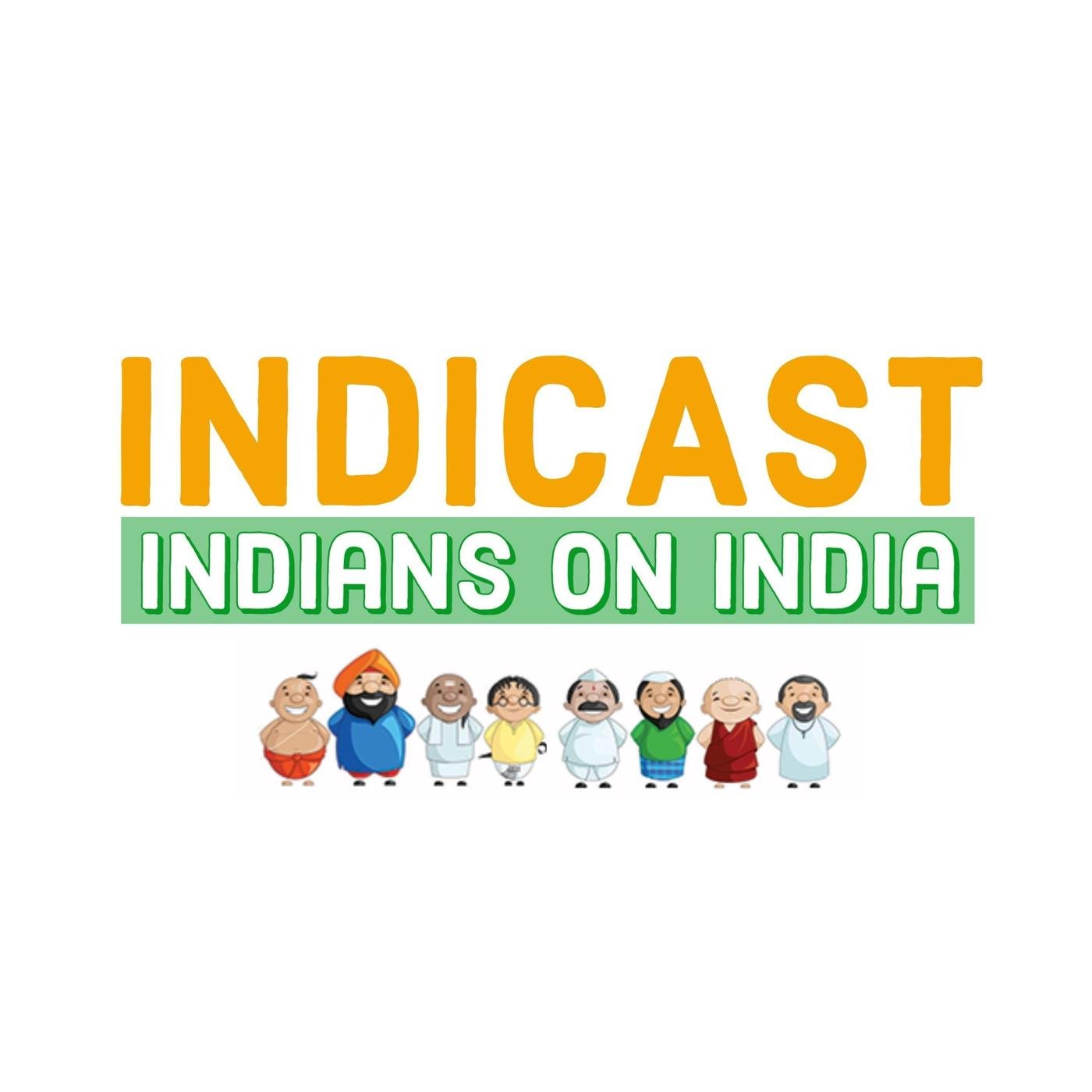No episode playing

Indicast is India's longest running and most popular Indian podcast network. This is the mother feed of all the shows produced by Indicast including a current affairs new show, a business news show, a tech show from an Indian perspective, a bollywood movie review show and a conversational interview show. Expect a good discussion with few laughs in our special India focused content. Individual show feeds are available at http://www.theindicast.com